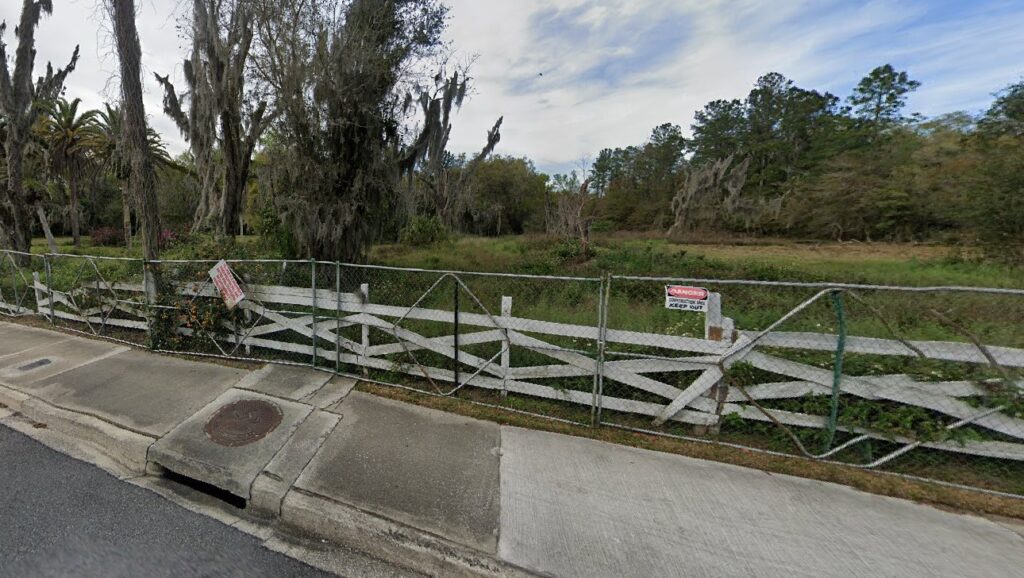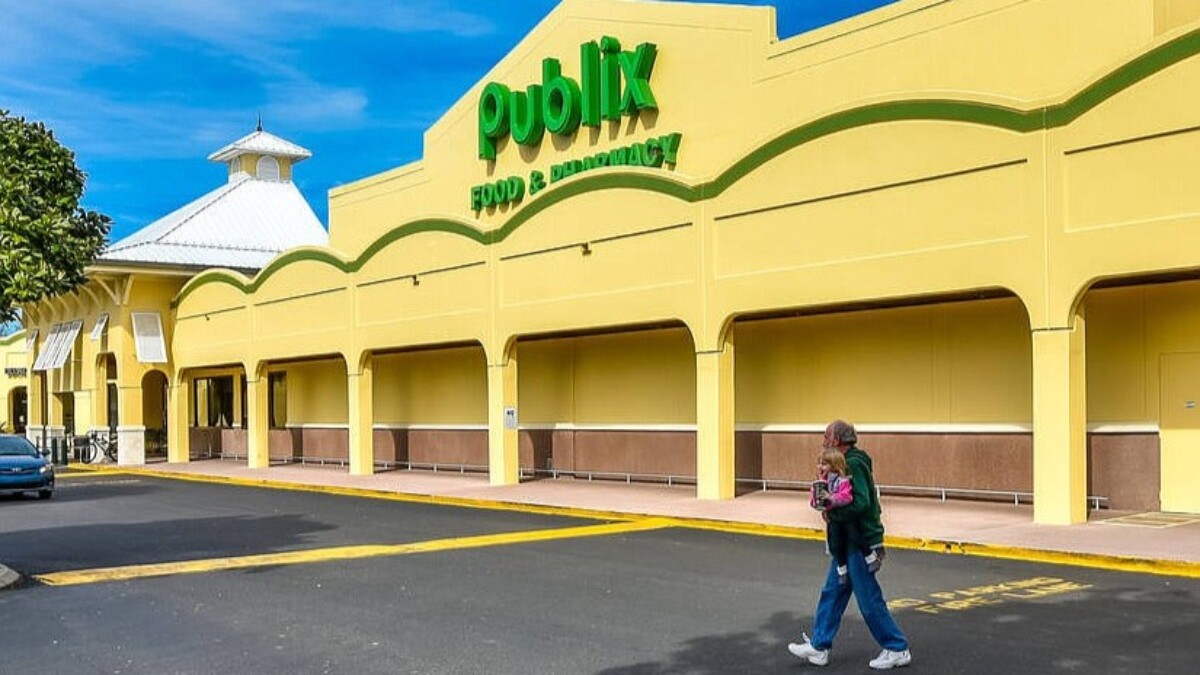A heavily wooded, 6.6-acre site on Loretto Road has been announced as the future site of Jacksonville’s first Mormon temple.
The Church of Jesus Christ of Latter-day Saints temple will join four others that have been announced or are soon to open in Fort Lauderdale, Orlando, Tallahassee and Tampa, church officials said.
No construction date has been set for the one-story temple with central tower in Mandarin. But church President Russell Nelson originally announced plans for new temples in late 2022.
The two-story Fleming Bowden home, built in 1907, originally occupied the Mandarin site. Bowden is said to have been one of the first to own a car in Mandarin when he bought some Ford Model T’s in the early 1920s. Bowden also was Duval County supervisor of elections for 21 years.
The property was rezoned for a subdivision in 2020, but a change.org petition was started in an attempt to stop the development. Proposals to save the house by moving it fell through, and the subdivision was never built.
The property was ultimately fenced in, and since it did not have historic designation, the house was demolished in early 2024, according to local historian Tracey Arpen.

The Church of Jesus Christ of Latter-day Saints bought the property for $7.15 million in early 2024. Plans now call for a 29,000-square-foot facility for baptisms and weddings.
Mormon temples do not have open worship space, only rooms designed for specific events like marriage, baptism and religious instruction. So Mandarin’s temple will have two instruction rooms, two sealing (marriage ceremony) rooms and a baptistry.
The temple would join over 270 other Mormon congregations in Florida, with about 173,000 members, the church website said.
Mormon missionaries first arrived in 1845 in Florida. The state’s first congregation was created in 1897 in the Big Bend region.
The church website said the primary purpose of temples is for faithful church members “to participate in sacred ceremonies, such as marriages that unite families forever and proxy baptisms on behalf of deceased ancestors who did not have the opportunity to be baptized while living.”







